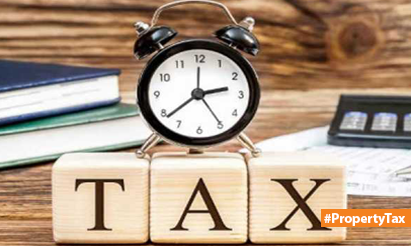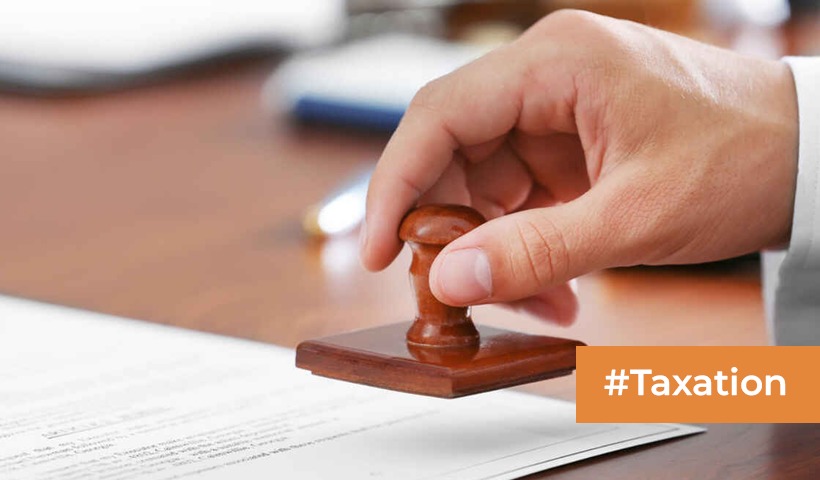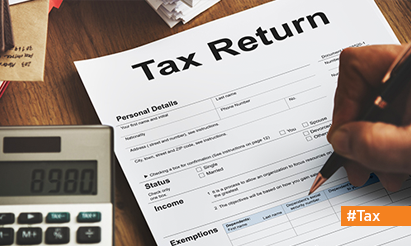Stamp Duty and Registration Charges in Lucknow Real Estate
Buying a property is a significant milestone, and understanding the associated costs is crucial for a smooth and informed real estate transaction. In this comprehensive guide tailored for our Indian audience, we will delve into the intricacies of stamp duty and registration charges in Lucknow. From the calculation methods to exemptions and recent changes, let’s demystify these crucial aspects of property transactions in the city.
Understanding Stamp Duty
1. Stamp Duty Basics
Stamp duty is a state-specific tax levied on property transactions. In Lucknow, the Uttar Pradesh Stamp Act governs the regulations related to stamp duty. It is a mandatory payment made by property buyers to legalize the transaction.
Data Point: Stamp duty rates vary for different types of properties, such as residential, commercial, and agricultural.
2. Calculation Methodology
The stamp duty payable on a property is calculated as a percentage of the property’s market value or the transaction value, whichever is higher. Understanding the calculation methodology is crucial for budgeting during property purchases.
Tip: Utilize online stamp duty calculators to estimate the payable amount based on the property’s value.
Registration Charges and Process
3. The Role of Property Registration
Property registration is a legal process that involves recording the details of a property transaction with the government. It provides legal sanctity to the property deal and establishes the buyer’s ownership rights.
Data Point: Property registration is governed by the Registration Act of 1908, ensuring a standardized procedure across the country.
4. Registration Charges Calculation
Similar to stamp duty, registration charges are also calculated as a percentage of the property’s market value or the transaction value. Lucknow follows a standardized formula for these calculations.
Tip: Understand the difference between stamp duty and registration charges to avoid any confusion during the property transaction.
Exemptions and Concessions
5. Stamp Duty Exemptions
Certain categories of property transactions may qualify for stamp duty exemptions or concessions. These categories often include transactions involving women, senior citizens, or properties used for charitable purposes.
Data Point: Lucknow may have specific exemptions; consult with local authorities or legal experts for accurate information.
6. Government Initiatives and Concessions
The Uttar Pradesh government may introduce initiatives or concessions to promote specific types of property transactions. Staying informed about these government schemes can lead to potential cost savings during property purchases.
Tip: Regularly check official government announcements or consult with local authorities for the latest initiatives.
Recent Changes and Updates
7. Legislative Amendments
The legal landscape surrounding stamp duty and registration charges is subject to periodic amendments. Being aware of recent legislative changes ensures compliance with updated regulations.
Data Point: Stay informed about any recent changes in stamp duty rates or registration procedures in Lucknow.
8. Digital Transformation Initiatives
Many states, including Uttar Pradesh, are embracing digital initiatives to streamline property transactions. Understanding and utilizing online platforms for stamp duty payments and property registrations can save time and effort.
Tip: Explore the availability of online services for stamp duty payments and property registrations in Lucknow.
Conclusion
In conclusion, stamp duty and registration charges are integral components of property transactions in Lucknow. By grasping the fundamentals, calculation methodologies, and staying informed about exemptions and recent changes, property buyers can navigate the process with confidence. As Lucknow continues to witness growth in its real estate sector, understanding these financial aspects is essential for both seasoned investors and first-time homebuyers.
Disclaimer: The views expressed above are for informational purposes only based on industry reports and related news stories. PropertyPistol does not guarantee the accuracy, completeness, or reliability of the information and shall not be held responsible for any action taken based on the published information.




